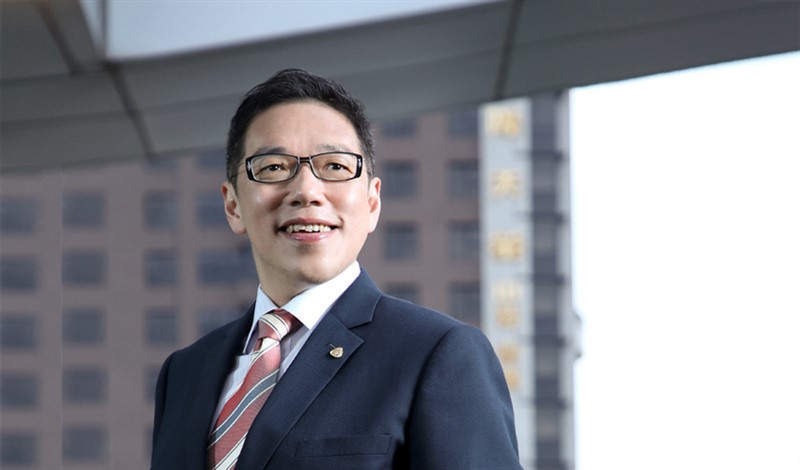2023.06 The Taiwan Banker NO.162 / By Hank Huang (黃崇哲)
Fighting Fraud with Strong Social TrustEditor's Note
Fraud has become a major challenge to Taiwanese finance and society, undermining trust in the system and undermining economic stability. Poor victims not only lose their savings and real estate, but may also face broken families and relationships. Not only that, fraud hinders market development and business innovation. This threat must be taken seriously by all walks of life and combatted together. However, a common misunderstanding is to attribute responsibility to the victim for their greed, believing that they should have known something was too good to be true. Because of this misunderstanding, victims must face not only their monetary loss, but also the possibility of being accused of greed. In fact, greed is not the downfall of victims of the common romance or social engineering scams. And in all fairness, even for investment scams under the likeness of celebrities, the desired returns do not represent insatiable greed when compared to the multiples of real estate or US technology stock appreciation. Despite the catchy phrase “high risk, high reward,” it is not the pursuit of returns that causes people to be cheated, but rather inadequate risk awareness. Everybody must be able to judge the risk of a financial instrument or monetary transaction. In particular, with changing of technology and development of new media, gaps in risk perception are rapidly expanding between different groups. For example, before the recent reforms, the military, public servants, and educators got used to pensions with 18% returns. Therefore, they tend to ignore the unreasonable gap between claimed returns of 10% returns or more and the current low-rate environment. For another example, celebrities advertise decentralized digital assets on social media to a younger ‘moonlighting’ generation in the midst of unaffordable housing prices. A generational gap also exists for the internet: the youth think that the older generation does not understand its value, making virtual currency a popular investment target. This unwarranted trust however sometimes undermines risk-reward intuitions. After all, as humans, we need to form relationships and cooperate with others to guarantee each other’s interests. Therefore, a reliable trust system is needed between people and the world, and between people and the government, whose values form the basis for mutual interaction. The underlying reason for fraud is the abuse of trust for profit. In order to reduce risk mis-assessment by the public, besides strengthening existing practices such as government information checks, severely punishing illegal activity, and conducting education and publicity, it also important to strengthen the social trust and make up for the lack of systems. Especially in the financial sector, more stable supervision to eliminate superstition about insider information, or further strengthening the social safety net so that people do not have to worry about interruptions in health insurance and labor insurance payments, are all ways to strengthen social trust. In the era of low interest rates, the government can refer to Japan’s Fiscal Investment Loan Program (FILP) and a diverse variety of construction bonds to create high-return financial securities, guiding private funds toward higher returns with a government credit guarantee. In the face of rapid technological change, it is certain that there will only be a greater variety of scams in the future. Fraud prevention is everyone’s responsibility.


